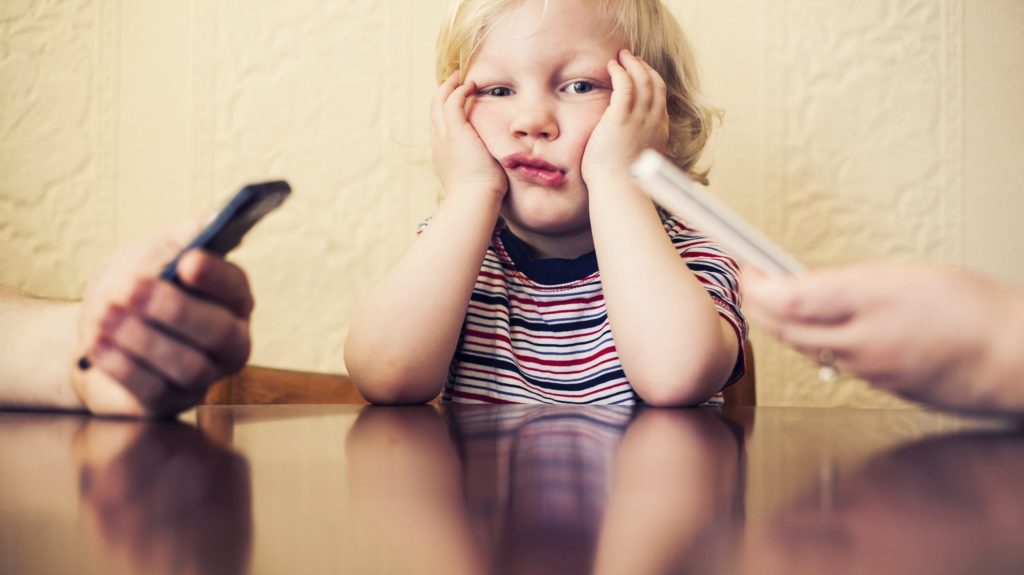Addiction Treatment
Hooked on Data: Do You Have a Cell Phone Addiction?

Written By:

Table of Contents
Generation Y, or millennials, are a generation of technology users. Born in the early 80’s, millennials hit adulthood around the turn of the century and have helped to set the standards and expectations for upcoming generations of youth. If you think about it, the majority of the individuals from this time frame have never known what it’s like to be without a cell phone.According to a recent study published by The Journal of Behavioral Addictions, male college students reported up to eight hours a day spent on their cell phones while female students reported an average of ten hours a day. A whopping sixty percent of those study participants admitted they could be addicted to their cell phones.James Roberts, Ph.D., was the lead researcher on the study and had to first define what constituted cell phone addiction, especially since men and women tend to use their phones for different activities. For example, women are more likely to read and lend e-books, make actual phone calls, or indulge in apps such as Instagram and Pinterest. Meanwhile, men were more likely to listen to music, use the phone as a phone (talking and texting), or on occasion, explore Facebook and Twitter.In other words, what became evident is that men tend to use their phones for entertainment and work, while women are more prone to build social relationships with their smartphone.“Cell-phones have become inextricably woven into our daily lives—an almost invisible driver of modern life,” Dr. Roberts concluded.Cell Phone Addiction . . . It’s GlobalA 2013 UK study, which interviewed 1,529 teenaged students regarding their cell phone use, ended up classifying ten percent of the participants as “problematic users.” This percent correlated to the participants who considered themselves to be “expert” users of cell phones.A Turkish study of college students revealed that those who scored high on a scale for problematic cell phone use were more likely to come from poor families, had type A personalities, and received their first cell phone by thirteen-years-old, or younger. Researchers also concluded that, as cell phone addiction levels increased, quality of sleep decreased.Whether or not cell phone addiction is an actual problem remains to be seen. More probable is that we are living through the next technological revolution, something humans thrive on. Always onward and upward, and looking for ways to streamline processes . . . technology allows this to happen. It’s not necessarily a bad thing.Until you stop living.If checking your various social media accounts or harvesting your crops on some virtual farm starts becoming the priority of your life—over food, hygiene, work/school obligations—then it is time to take a step back. Get up and move away from the tiny screen. Behavioral addictions are real, and can destroy your life if left unchecked. Here at The Last Resort we are standing by to help you break the cycle.
